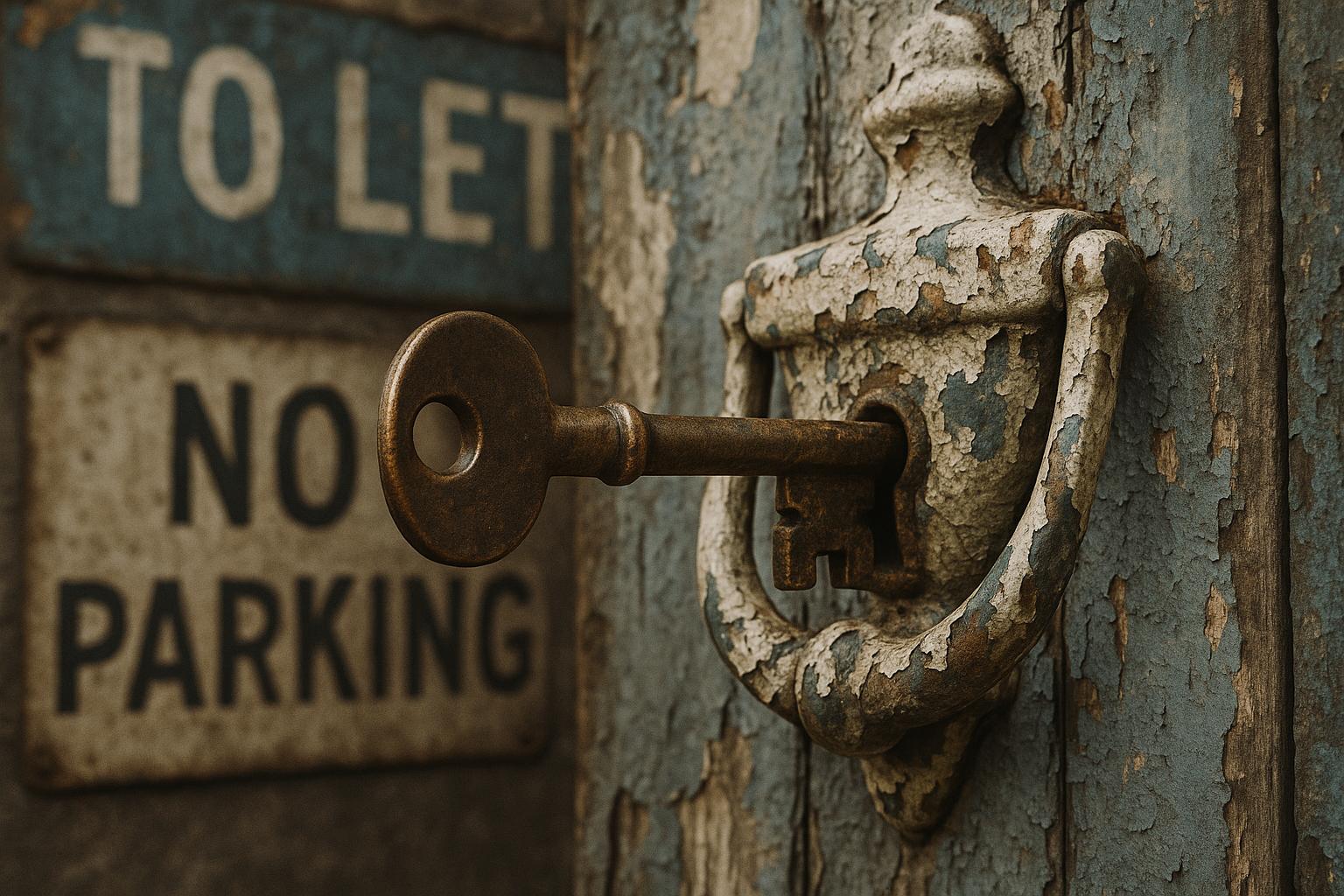Islington Council in North London has announced a significant expansion of its selective licensing scheme for private landlords, aiming to improve housing standards for thousands of renters across the borough. This move will bring an additional 12,000 landlords under the scheme, extending the licensing requirement to new wards including Barnsbury, Caledonian, Tufnell Park, Mildmay, Highbury, Junction, and Laycock. Previously, only three of the borough’s 17 wards had been covered by this scheme.
Under the new policy, landlords must pay £850 for each standard rental property they let, although those accredited by the London Landlord Accreditation Scheme (LLAS) or other recognised registers will receive a £50 discount. The council’s intention is to ensure renters have access to “safe, high-quality housing” and to hold landlords more accountable, particularly in areas with some of the borough’s most vulnerable residents. Alongside the expansion of the selective licensing scheme, the council has extended its additional Houses in Multiple Occupation (HMO) licensing scheme—covering homes shared by three to four unrelated people—until 2031, beyond its previous expiry in 2026.
North London’s Islington borough is densely populated, ranking second only to Tower Hamlets in England and Wales according to 2021 census data, with nearly a third of homes privately rented. Despite tenants’ ongoing concerns about safety and rising rents, the council does not have ward-specific data on rent increases tied to licensing schemes, although Office for National Statistics (ONS) data show private rents in the borough rose by an average of 4.7% between September 2024 and September 2025, which is below the London-wide average increase.
The council had initially proposed extending licensing to nine additional wards but ultimately limited this to seven, citing the need for ward-specific evidence in accordance with statutory guidance before any further expansions. This measured approach underscores the council's intention to base future policy decisions on data to address housing issues effectively.
However, the licensing scheme has faced opposition from many landlords and letting agents. A council-commissioned survey revealed that nearly two-thirds of landlords oppose the policy, with about half also against renewing the HMO licensing. Critics argue that the fees could lead to increased rents as landlords pass on the costs to tenants. Despite this, almost half of the respondents, including residents, supported the council’s proposals. These mixed reactions highlight the ongoing tension between raising housing standards and concerns over affordability and regulatory burdens on landlords.
Islington Council has defended the scheme as a necessary step to protect renters, with Cllr John Woolf, Executive Member for Homes and Neighbourhoods, stating, “Everyone in Islington deserves a decent, safe and genuinely affordable place to live. We continue to hear from hundreds of renters who feel unsafe and unheard, while their rents keep rising.” The council emphasises that the scheme aims to create a level playing field where responsible landlords who maintain their properties properly are supported, while those who neglect their duties face enforcement actions including fines up to £30,000 per breach.
Earlier expansions in areas such as Finsbury Park, Tollington, and Hillrise have already seen licensing schemes addressing issues like disrepair, damp, mould, inadequate facilities, and safety concerns. Enforcement teams have acted on thousands of complaints, with criminal prosecutions and significant financial penalties as deterrents for non-compliant landlords.
While the council continues to strengthen its licensing regimes, it remains cautious about borough-wide mandatory licensing until sufficient evidence demonstrates its need. Meanwhile, the ongoing consultation and policy rollouts underscore Islington’s commitment to improving conditions in its sizeable private rented sector, balancing tenant protections with the operational realities faced by landlords.
📌 Reference Map:
- Paragraph 1 – [1] (MyLondon), [5] (NRLA)
- Paragraph 2 – [1] (MyLondon), [5] (NRLA), [7] (Islington Council Media)
- Paragraph 3 – [1] (MyLondon), [4] (Property Wire), [6] (Islington Media)
- Paragraph 4 – [1] (MyLondon), [5] (NRLA)
- Paragraph 5 – [1] (MyLondon), [2] (Islington Citizen)
- Paragraph 6 – [1] (MyLondon), [2] (Islington Citizen), [4] (Property Wire)
- Paragraph 7 – [1] (MyLondon), [4] (Property Wire), [6] (Islington Media), [7] (Islington Council Media)
Source: Noah Wire Services
